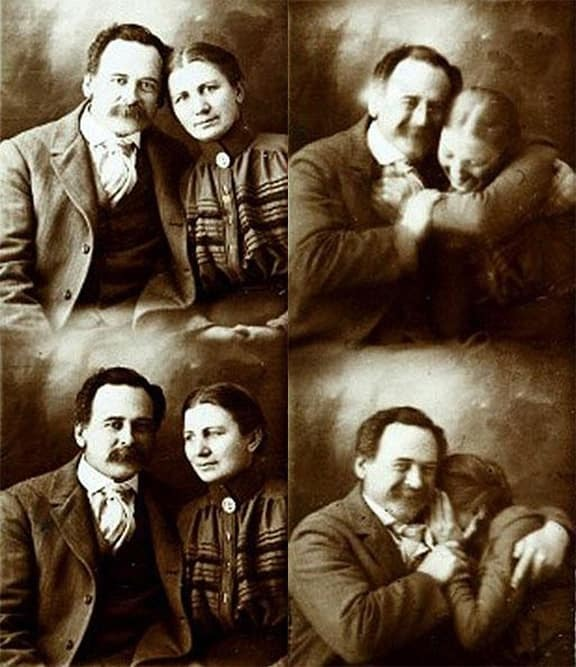
I'm a "post-cyberpunk" writer. That is, I was raised on and inspired by cyberpunk fiction, and, unlike the majority of the cyberpunks, I actually went to work in the tech industry, thanks, in large part to them.
tor.com/2020/10/13/bey…
1/
tor.com/2020/10/13/bey…
1/

Over the years, I've given a lot of thought to what it means to be "post-cyberpunk" and I think the key difference lies in how you relate to computers and networks: whether they are metaphors, or concrete things in the world.
2/
2/
The technologist-wizard archetype of cyberpunk needs to be able to cast spells with technology, to transcend its limits and make it do the impossible - but the post-cyberpunk hero depends on their comprehensive knowledge of the POSSIBLE, ALL the things a computer can do.
3/
3/
In some ways, this transition was inevitable. The 15-or-so-years of cyberpunk supremacy coincided with a moment of both widespread technological excitement and technological inexperience: most people hadn't used computers much, but they really wanted to.
4/
4/
Today, in the post-cyberpunk era, technological know-how is much more widely distributed, as is technological disillusionment. The "poetics of the technological subculture" (as @greatdismal memorably phrased it) are no longer quite so esoteric.
5/
5/
Attack Surface, my latest novel, is a decidedly post-cyberpunk novel, inviting readers to relate to its technological elements as they relate to their daily lives, rather than their dreams of the future.
6/
6/
I'm doing an event on Oct 19 hosted by @AndersonsBkshp with OG cyberpunk, "Chairman" @bruces Sterling; and @NB_Chris, a new and exciting post-cyberpunk writer (both Chris and I were mentored by Bruce) on this subject:
eventcombo.com/e/Virtual-even…
eof/
7/
eventcombo.com/e/Virtual-even…
eof/
7/
• • •
Missing some Tweet in this thread? You can try to
force a refresh




















